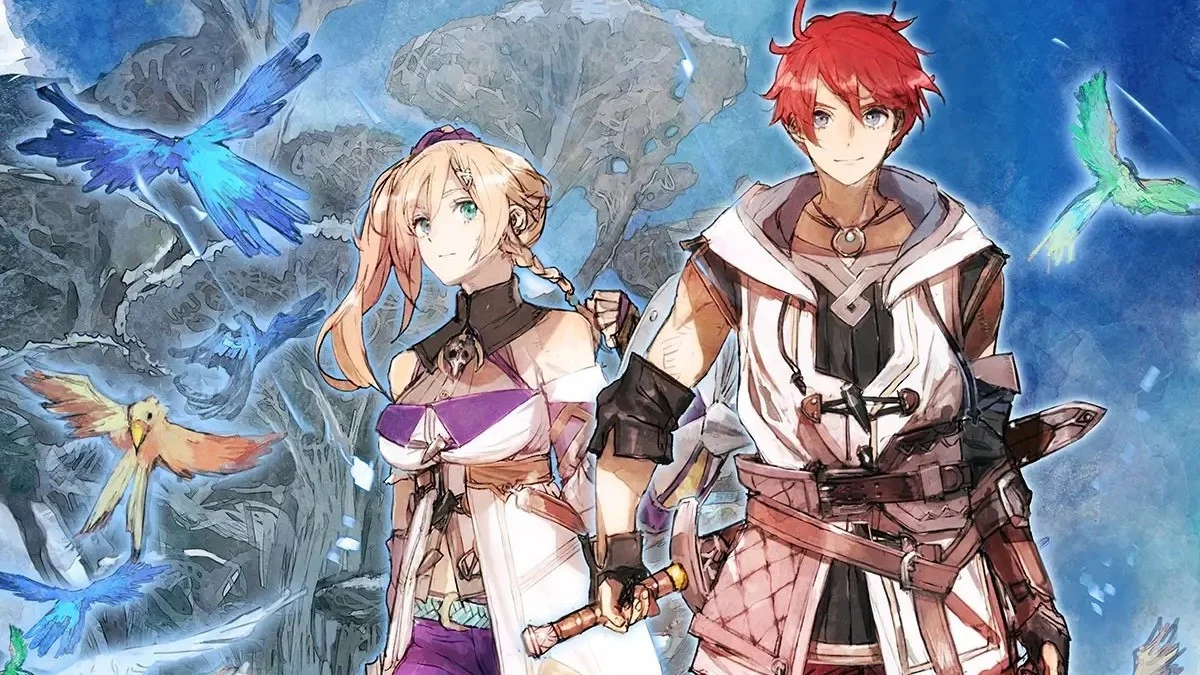One of my favorite moments in Gris is when I stumbled upon a village of sorts. I was deep in a forest, having just worked with a stone creature to move forward. My companion slipped away, presumably because it made it back home. I wandered around for a few trying to figure out where I needed to go next now that I was alone again, when suddenly I found myself sliding down a hole into the hill I’d just been walking on earlier. Inside, there were dozens of similar creatures sitting around, waving as I passed by. It was really cute.
That moment stands out mostly because it was a rare moment where I wasn’t alone. I could name plenty of other memorable moments — the countless incredible sights, the thrilling underwater chase — but that one stands out because it’s just so… warm and mundane. There are so many grand sights, so many awe-inspiring moments in Gris that coming across something so simple was just… nice.
From developer Nomada Studio, Gris follows a young woman on her journey to restore color to the world. As the game opens, the protagonist is shown standing on the palm of a massive statue. She sings to it — up until she suddenly loses her voice. She collapses and the sculpture crumbles soon after, leaving the singer plummeting to the earth below. When she wakes, the world is empty, static: a monochromatic wasteland. Not a trace of color can be seen for the first few minutes. As you walk forward, the camera slowly zooms out to show off your surroundings: gray, desolate fields populated by old, decaying spires as massive creatures with cloth-like wings slowly fly by.
Eventually you come upon a temple of sorts. Climbing its slopes and staircases reveals another one of those statues that broke apart in the beginning. Step onto its palm and suddenly the girl rises into the air as color begins to return to your surroundings. Red hues seep into the scene, like watercolors on a canvas. The once black and white scene gives way to a dusty desert, pinwheels stationed everywhere alongside ornate architecture as wind storms rage constantly.

Like any game about restoration, watching the world be rejuvenated is breathtaking. But unlike something like, say, Okami or Shape of the World, where the transformation itself is a spectacle all on its own, Gris is more restrained. Each new color steadily creeps onto the scene, bit by bit, altering the greater world over time. It’s like watching a sketch or painting be colored in. Everything starts off plain and simple, but with each new color, more complexity, more dimension is added. The red desert of the first zone is already striking, but add a touch of green, and suddenly the space feels fresh and exciting again. Likewise, the lush forestry of the second area feels like an entirely new place after the addition of blue sparks a deluge of rain. Gris’ art is already gorgeous to start, but it only becomes more beautiful with each new environment, each new color added to its palette.
Your trek through these locales is a peaceful one. Gris isn’t a game that seeks to challenge. It feels more in line with wander games and their goals of providing spaces to explore and marvel at rather than one to best or conquer. Traversal is effortless, a missed jump never putting you more than a few steps back from where you were previously. The only adversary you encounter is a amorphous black force that attempts to impede your progress by taking the forms of various creatures. But even then, while these encounters are brief and thrilling, they never feel like a threat. You’re never at risk of getting a game over, or some other fail state. Which is to the game’s advantage, really, as frustration would only distract you from the beautiful scenery and detract from the leisurely pace.
Gris simply wants you to sit back and enjoy the ride. With so many games that demand our constant attention these days, whether it be an ever-evolving multiplayer game or one of the many massive open worlds, something that discards all the visual noise and systems layered upon systems, that’s small and focused instead of big and aimless is always a welcome change of pace. A brief, peaceful retreat is never a bad thing to have, and, honestly, is something we could use more of.




